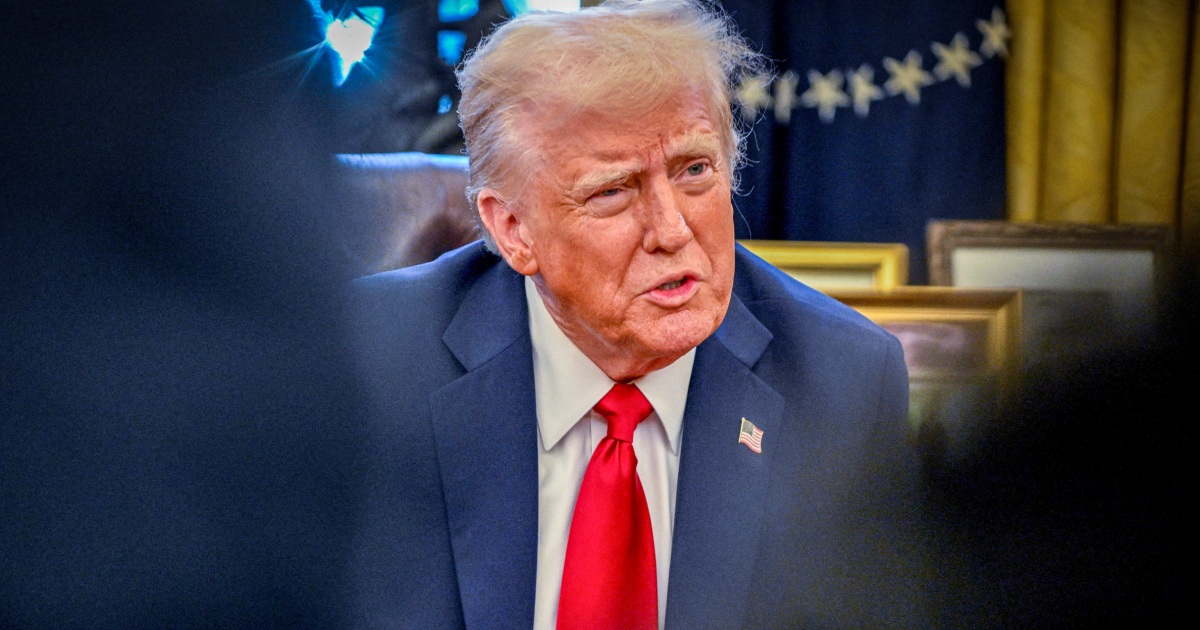CDC’s Controversial Removal of LGBTQ Health Resources Sparks Outrage
The recent decision by the Centers for Disease Control and Prevention (CDC) to remove essential information regarding HIV prevention and LGBTQ health care from its official website has stirred a wave of controversy, prompting outrage among advocates and community members. This move has raised critical questions about the role of public health organizations in supporting marginalized communities, particularly during a time when access to health care resources is crucial. Critics argue that this decision not only undermines vital support for LGBTQ individuals but also reflects a broader trend of diminishing attention to diversity and inclusion in public health policy.
Understanding the Context of the CDC’s Decision
The CDC has long been recognized as a pivotal institution in the fight against HIV/AIDS, providing resources aimed at various populations, including the LGBTQ community. The removal of these resources comes amid a backdrop of heightened focus on health disparities, particularly those impacting marginalized groups. The rationale behind the removal is not entirely clear; however, some speculate it may be part of a broader initiative to streamline information or to shift focus toward other emerging health concerns.
Regardless of the reasoning, the implications of this action are significant. For many individuals within the LGBTQ community, access to accurate and comprehensive health information is not merely a matter of convenience—it is a matter of survival. The CDC has historically been a trusted source for guidance on HIV prevention strategies, treatment options, and overall health care access tailored to the unique needs of LGBTQ individuals.
The Outrage: Voices from the Community
The backlash against the CDC’s decision has been immediate and intense. Advocacy groups, health care professionals, and community leaders have taken to social media and public forums to express their dismay. Many view the removal of LGBTQ health resources as a step backward in the ongoing fight against HIV and a troubling sign of the federal government’s commitment to addressing health disparities.
- Healthcare Disparities: Many LGBTQ individuals face systemic barriers to health care, including discrimination, stigma, and lack of access to affirming care. The CDC’s removal of resources could exacerbate these disparities, making it harder for individuals to obtain the information they need.
- Reinforcing Stigma: Critics argue that the removal of LGBTQ-specific resources sends a message of neglect and invisibility, potentially reinforcing the stigma that LGBTQ individuals already face in health care settings.
- Increased Risk: Without access to educational materials on HIV prevention and treatment, the risk of HIV transmission among vulnerable populations may increase, leading to public health crises that could have been mitigated.
Broader Implications for Public Health Policy
The CDC’s controversial removal of LGBTQ health resources raises important questions about the future of public health policy in the United States. As society evolves, so too must the frameworks that govern health care access and education. The removal of such resources can be indicative of a larger trend where marginalized communities are overlooked in favor of broader public health narratives.
To ensure effective public health strategies, it is crucial for organizations like the CDC to prioritize inclusivity and diversity in their outreach and educational efforts. This involves:
- Engaging Communities: Actively involving LGBTQ communities in the development of health resources can help ensure that their specific needs are met and represented.
- Advocating for Policy Change: Public health organizations must advocate for policies that prioritize health equity and address the unique challenges faced by marginalized populations.
- Education and Awareness: Increasing awareness about LGBTQ issues within health care settings can help reduce stigma and improve health outcomes.
Potential Solutions and the Way Forward
While the outrage surrounding the CDC’s decision is justified, it also presents an opportunity for advocates and community members to mobilize and push for change. Here are several potential solutions that could help address the gap left by the removal of these health resources:
- Community-Led Initiatives: Local organizations can step up to fill the void left by the CDC by providing educational materials and resources tailored specifically to the LGBTQ community.
- Partnerships with Healthcare Providers: Collaborations between LGBTQ advocacy groups and healthcare providers can foster a more inclusive environment that addresses the specific health needs of LGBTQ individuals.
- Advocacy for Restoration: Advocates can work to pressure the CDC and other public health organizations to restore the removed resources and ensure that LGBTQ health issues are adequately represented in future policies.
The Importance of Continued Advocacy
In light of the CDC’s controversial removal of LGBTQ health resources, it is evident that continued advocacy is crucial. Individuals and organizations must work together to ensure that the voices of marginalized communities are heard and that their health needs are adequately addressed. The backlash against the CDC serves as a reminder that public health is not just about statistics and data; it’s about people, their lives, and their well-being.
As advocates push for the reinstatement of critical health resources, they also highlight the importance of creating a more inclusive and equitable health care system. This includes recognizing the diverse needs of all populations and ensuring that public health policy reflects that diversity.
Ultimately, the CDC’s decision to remove LGBTQ health resources has sparked a necessary conversation about representation, inclusion, and the critical importance of equitable health care access. As we move forward, it is essential to remain vigilant and proactive in advocating for the health and well-being of all individuals, regardless of their sexual orientation or gender identity.
Conclusion
The CDC’s controversial removal of LGBTQ health resources has indeed ignited outrage and concern, but it has also provided a platform for dialogue and advocacy. The fight for equitable health care for all is ongoing, and it is imperative that we continue to advocate for the rights and needs of marginalized communities. By standing together and demanding accountability, we can help ensure that public health resources are accessible, inclusive, and representative of the diverse populations they serve.
See more WebMD Network



